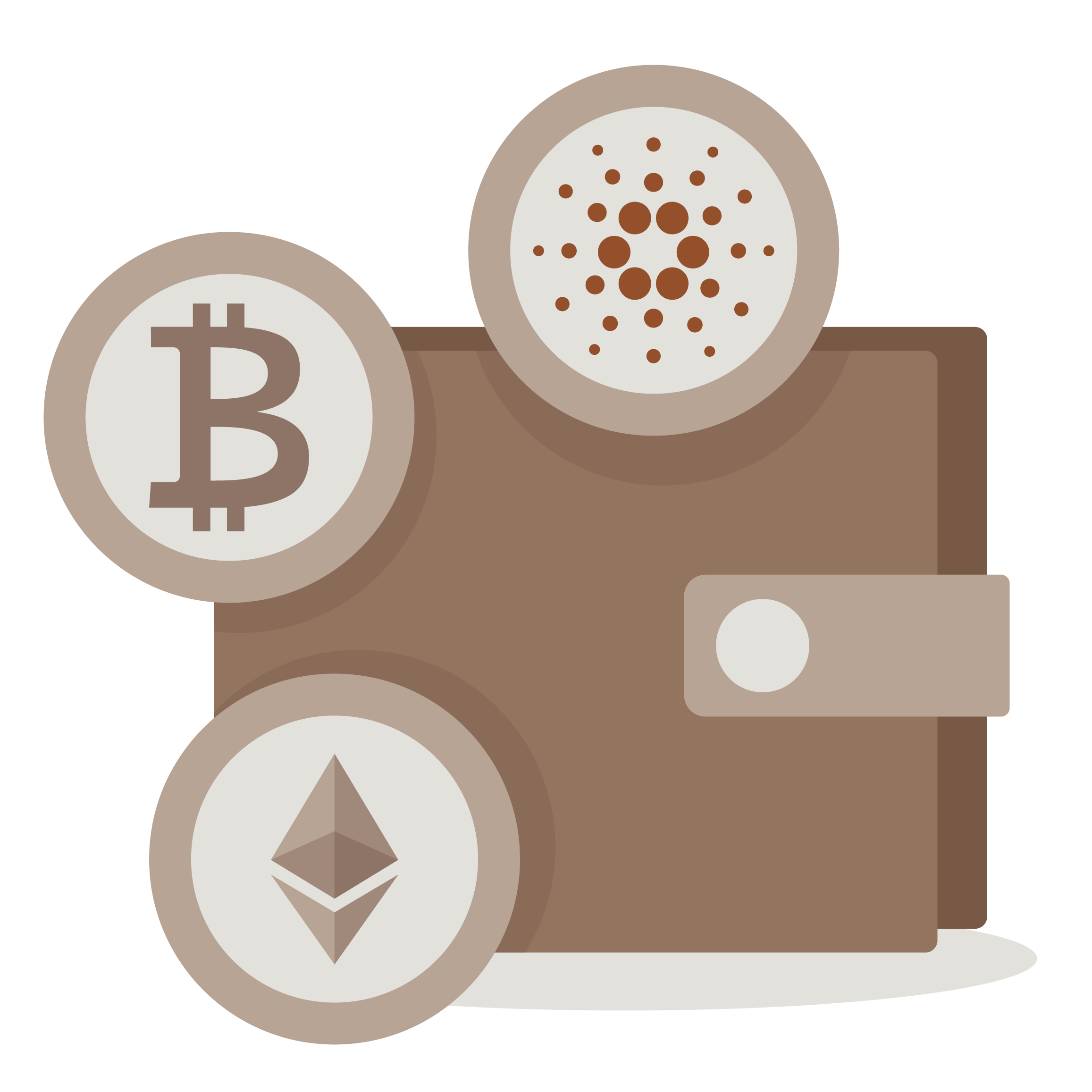

There are many different types of crypto wallets available in the crypto world from hot software wallets to cold hardware wallets, from single-coin to multi-coin wallets, they all have their advantages and disadvantages. For most people getting a wallet is the second step after purchasing cryptocurrency, and the first step to self-custody of their cryptocurrency.
The purpose of a crypto wallet is to allow users to interact with a blockchain network. With a wallet, a user is able to view and manage their cryptocurrency as well as initiate and sign transactions. With the Cardano ecosystem, we are also able to delegate and stake our native coin ADA to earn staking rewards.
A hot wallet simply means any crypto wallet that is connected to the internet. They are generally easy to use. For users who always want their crypto ready to spend, trade or swap, hot wallets are usually the go to choice. Most wallets are considered as hot wallets. Hot wallets have an always-on nature that makes them excellent for convenience, but also makes them more vulnerable to attackers. It isn't recommended to keep large amounts of cryptocurrency in a hot wallet.
A cold wallet simply means any crypto wallet that isn't connected to the internet. Cold wallets are generally considered highly secure and virtually impervious to hacking due to their offline nature. Normally a piece of hardware that can look like a USB stick. Cold wallets tend to require a bit more of a technical know-how to use. It's recommended to keep large amounts of cryptocurrency in a cold wallet. A cold wallet is air-gapped and thus safe from any attacks into it via the internet.
When a wallet is created (registered) on the blockchain, a recovery password (seed phrase) and a pair of keys are generated. Think of your seed phrase as your wallet's master key. It will be made up of between 12 and 24 random words taken from a list of 2,048. The idea of using words instead of random numbers and letters is to make it easier to note down correctly and leaves less room for human error. Not to mention, the vast number of word combinations makes it infeasible to try and crack it.
If you lose access to your wallet, you can regain control of it by using your seed phrase. Just like your private keys you need to keep your seed phrase protected.
You will be asked to write down your seed phrase when you first create your wallet. Most people write their seed phrase down on paper and store them in a safe place, but paper can deteriorate very quickly. A lot of people are turning to steel cards to engrave their seed phrase into the metal to keep safe.
These are your public and private keys. These are alphanumeric sequences that are stored in your wallet and are needed to access and use your crypto. An easy way to understand the difference between your keys is to think about them like your bank account.
Your public key is like your bank account number. It can be shared with someone who wants to send you crypto, hence public. It can be viewed by everyone.
Your private key is like your PIN number for your bank account and should be protected at all costs. If someone has access to your private keys they have access and control over your crypto.
Not Your Keys, Not Your Coins is a popular expression in the world of cryptocurrencies. It refers to needing to own the private keys associated with your assets. Owning your private keys you have complete control and security over your assets.
When you want to send crypto to someone you type in their public key (destination address) in the correct field in the wallet you are using and the amount of crypto you want to send, you also need enough crypto to pay for the transaction fee. When someone wants to send you crypto they do the exact same thing but with your public key. Before a transaction can be completed you need to “sign” the transaction, this is done by using your private key. This gives authorisation for your crypto to leave your wallet to the destination wallet. Depending on which wallet you use, the way you sign your transaction can vary.

Normally installed as a piece of software. Desktop wallets usually require the user to download a copy of the entire blockchain in order to sync and use, also known as a node wallet. Daedalus Wallet is an example of a Cardano desktop wallet that is a node wallet. Desktop wallets usually manage your keys by keeping them stored on your computer. They are most often non-custodial which means the wallet owner bears sole responsibility for safeguarding their private key. Due to this reason, it's essential to have up-to-date virus protection on your computer. You will also need to be careful if you use your computer for general internet use, as clicking on links and downloading files you think are safe might compromise your wallet. Desktop wallets can come as an official-built wallet or community-built wallet.
Often, these wallets are available with GUI (Graphical User Interface) or CLI (Command Line Interface). Keep in mind that running a full node is the best way to help the network as a full node syncs and saves a complete copy of the whole blockchain and establishes connections to other peers in internet.

Normally installed as a piece of software. These are basically the same as the mobile wallets, but they often run on your internet browser instead. Chrome is an excellent example of a browser that supports many different types of extensions including crypto wallets, that can be installed and pinned to your browser making for extremely quick interaction with the wallet from any webpage or chrome app.
Normally, they offer the same features like a full node wallet. The only difference is that they do not sync the blockchain themselves. Instead, a light wallet connects to a remote server which is already fully synced with the blockchain and shares all the transaction history with your light wallet. This saves bandwidth and storage capacity and is this way not that much hardware-hungry as a desktop full node wallet. A trust in this remote server is required when using a light wallet.
Yoroi Wallet is a widely-used light wallet.

Just like desktop and light wallets, mobile wallets are installed as software from app stores or directly from a website. Mobile wallets are not node wallets, so not all desktop wallets have a mobile version. Most mobile versions are of a light version of the desktop wallet, so they might not have all the functionality or user interface as the desktop wallet. Mobile wallets, like for example the Yoroi Wallet, are non-custodial so users bare sole responsibility for safeguarding their private keys. The main advantage of a mobile wallet is they allow users to use QR codes and the phone's camera to quickly and securely send and receive crypto anywhere they have their mobile phone and an active internet connection. This makes them extremely if not the most popular type of wallet with users.
Mobile wallets are similar to light wallets as the blockchain does not get synced. Mobile wallets connect to another master node which syncs the blockchain for them. A trust in this master node is required to use mobile wallets.

Extremely cheap and easy to use. Paper and pen are used to write down and store seed phrase and private keys. The quickest of all the cold wallets to use, but the least effective for storage due to the fragile nature of paper.
Extremely effective as a long-term storage solution for your private keys and seed phrase. It can take some time to etch the steel, but they can last a very long time. Steel wallets come in all different sizes, styles and costs.

For those tech savy users who want a high tech solution a hardware wallet offers the most secure method for storing your private keys. Hardware wallets are physical devices that need to be connected to a computer or mobile phone either by a wired or bluetooth connection in order to sign and confirm transactions on the blockchain, but there are some new hardware wallets that are now available on the market that are completely air gapped and solely rely on QR codes for interaction. Hardware wallets give you an extra layer of protection against cyber attacks, phishing sites and malware due to their off-line nature. A hardware wallet can work with many different blockchains allowing you to manage your different assets from a single device. Hardware wallets come with a piece of software that allows a user to interact with the wallet and blockchain and carry out operations such as transferring, swapping and staking directly from the hardware wallet. If you're thinking of getting a hardware wallet then make sure you do your own research into the different wallets that are available before you purchase. They all come with different pros and cons.

Cardano's native hot software wallets are Daedalus (desktop full node wallet) and Yoroi (desktop & mobile light wallet). They are designed to provide the full features Cardano has to offer. They are purely designed for Cardano and its NFTs. It is not possible to put other coins like Bitcoin, Ethereum or Litecoin into these wallets. If you are looking for wallets, that can house multiple coins, you should have a look at wallets like Exodus or Atomic. These multi-coin wallets are light wallets because syncing the blockchains as a full node of all cryptocoins they are supporting would consume too much storage space on your device. By installing such a multi-coin wallet, your device connects to a remote server cluster of the wallet's manufacturer which houses all the blockchains.

Supports one specific coin only but usually provides the full set of features for this coin
Supports multiple different coins but usually it does not provide the full feature set for each specific coin
